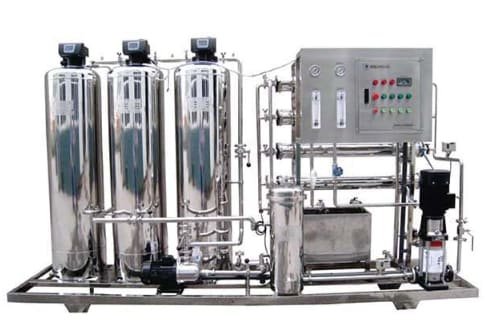industries
Pharma & Food Processing
The pharmaceutical and food processing sectors are among the many that depend on wastewater treatment as a necessary step. Large volumes of wastewater from these businesses are produced, and the wastewater contains a variety of contaminants, such as heavy metals, pathogens, and organic and inorganic chemicals. Wastewater can be harmful to both the environment and human health if it is not properly treated.
The food processing and pharmaceutical industries treat wastewater through a number of phases, including chemical, biological, and physical treatments. While the chemical treatment uses coagulants and flocculants to remove suspended and dissolved solids, the physical treatment eliminates big particles and debris from the wastewater. Microorganisms are used in the biological treatment to decompose organic materials and extract phosphorus and nitrogen.
In the food and pharmaceutical industries, treating wastewater properly can save water resources, reduce pollution in waterways, and comply with environmental standards. Reusing the treated water for non-potable uses like industrial operations and irrigation is another option.
In conclusion, adequate wastewater treatment is necessary for the food and pharmaceutical processing industries in order to lessen their negative effects on the environment and public health. To maintain sustainable development, the sector needs to apply efficient wastewater treatment systems and adhere to environmental requirements.



